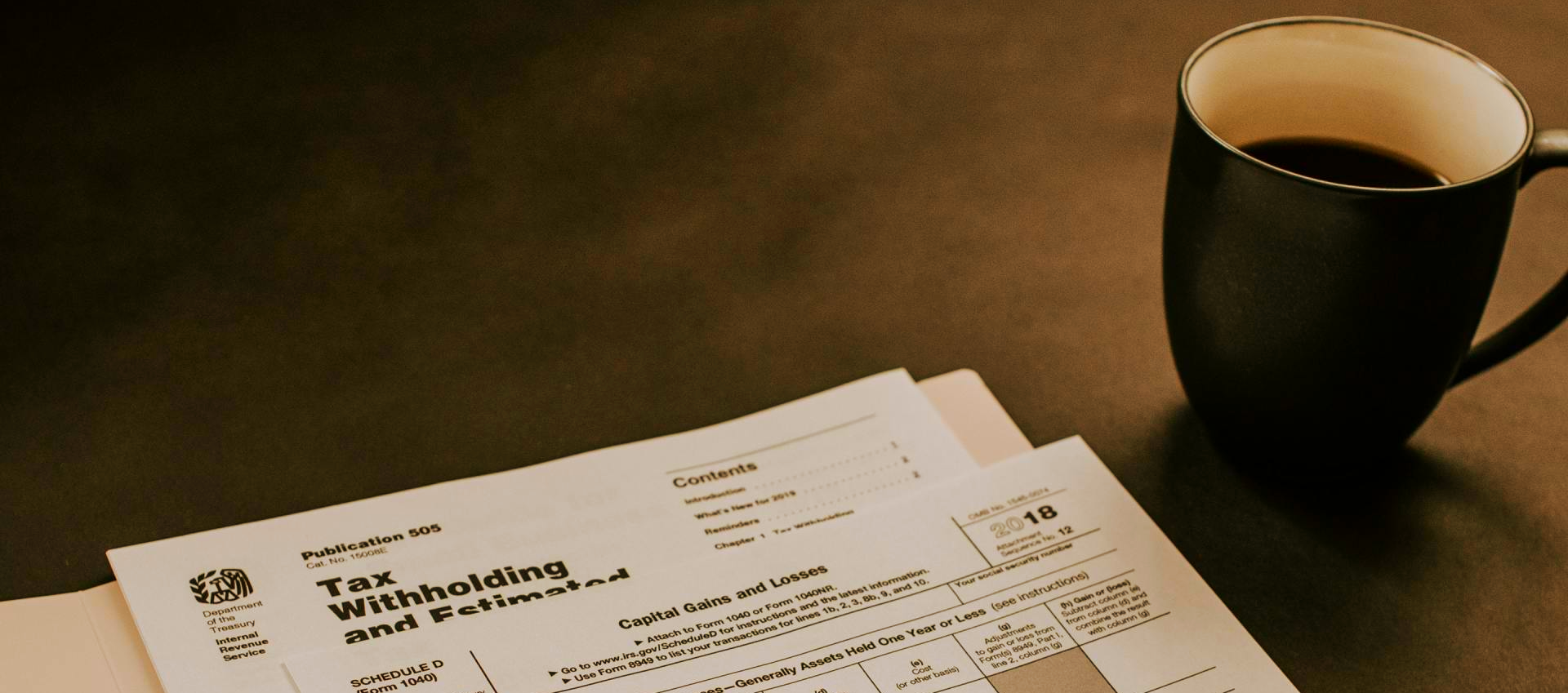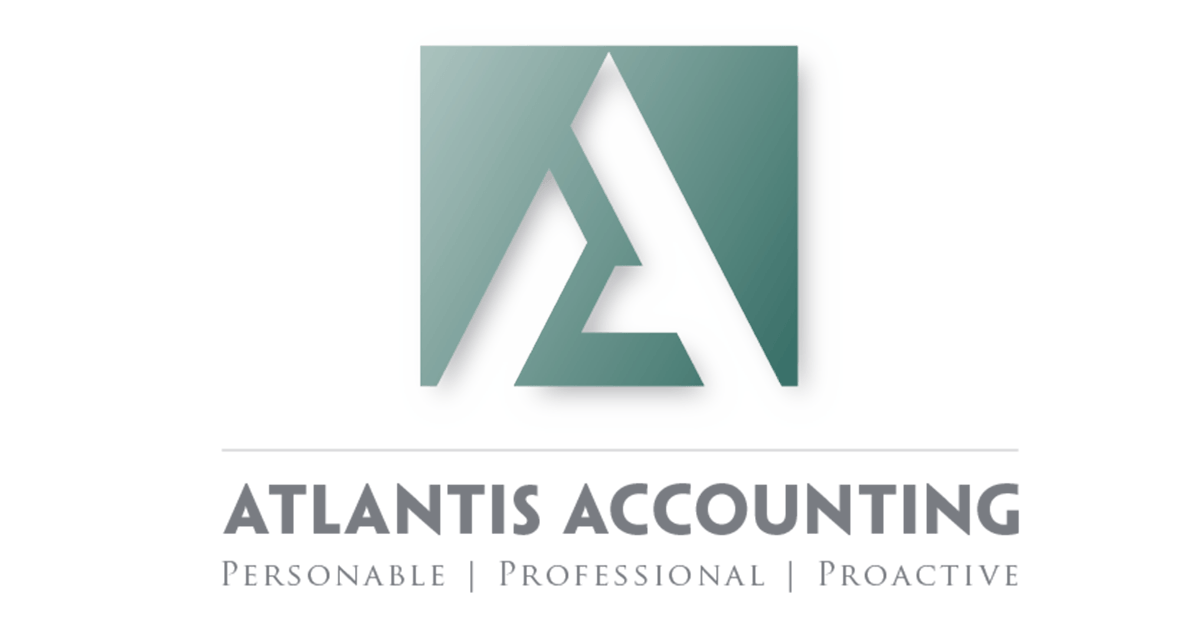





INCOME TAX RETURN FILINGS
There are numerous business structures to choose from. If you start a business by yourself, you would be a sole proprietor and file a schedule C — Profit or Loss From Business for your business when you file your individual income tax returns forms, and submit them all together. Simple. You may also have one or more state tax returns to complete.
On the other hand, if you decide to incorporate your business as a single member LLC, you still file a schedule C as described above. The main reason as to incorporate your business is to shield you from any potential liability or lawsuits.
PAYROLL TAXES
As you are an owner and employee, you would have to pay payroll taxes as both; the applicable taxes are calculated in a schedule SE — Self-Employment Tax, which is also filed with your form 1040 and a schedule C.
BUSINESS CHECKING ACCOUNT
Whether you apply for a separate Employer Identification Number (EIN) or not, I recommended that you open a business checking account to separate business transactions from your personal ones. Aside from the legal perspective, having a business account keeps business/tax records clear and readily available for tax filing.
BUSINESS EXPENSES
What could be construed as business expenses? Postage, office rental, CPA fees etc. just to name a few.
Let’s look at some business expenses item in depth.
Cell Phone: monthly phone bills are reduced by the portion that is used for business.
Restaurants: half of the meal expenses for taking clients out, or business luncheons can be deducted. The reason for deducting up to half is because you enjoy half of the meals, and the other half paid for your business client, is considered “business expense”.
To claim Home Office expenses, you need to set aside a designated space which is regularly and exclusively used for business purpose. Thus all applicable expenses for maintaining this space can be classified as a business deduction on your returns and you will have the documentation to support it in case you get challenged (for more detailed discussion, please refer to my article titled, “Home Office”, https://www.hungscanga.com/tax/home-office/, ).
For vehicle usage, you should log your mileage: “to” and “from” for business trips/purposes in order to provide proper documentation for deprecation amounts and other related expenses.
Estimated Taxes
If you are like me, I don’t like to pay taxes, and definitely avoid paying interests/penalties. If you owe a lot of taxes on your income tax returns, interest will be added on top of the taxes you owed, because our income tax system is designed as “pay as you go”.
No one is withholding any income taxes when you make money, you are the boss and you are the one who is responsible for paying the estimated taxes to Federal Government and to the State.
Over the years, I have had clients whose revenue is not evenly generated throughout the year, and the income taxes/interest owed are calculated assuming it is. As a result, my client ended up owing interest when he should not. If your income is seasonal, you want to let your CPA know when she/he prepares and files your returns for you if you estimate your own taxes during the year.
RETIRMENT PLANS
From an Individual Retirement Account (IRA), ROTH IRA, to a Simplified Employee Pension IRA (SEP IRA), and an Individual 401k plan, the contribution/deduction amounts, the reporting requirements, the annual custodian fee, the benefits are not the same.
For a small businesses just starting out with no steady income/profit, IRAs serve the purpose while a cash rich business might need to set up an individual 401k plan to tuck away the money instead of paying a good portion of what you make to the government, and miss out the opportunity of saving for your retirement. Which type of retirement plan suits you the best depends on your cash flow, your life goals and business plan.
One thing these retirement plans have in common is: you cannot take the money out before you reach age 59 1/2 without paying income taxes and penalty (with the exception of ROTH IRA assuming certain conditions are met).
Lastly, once you set up the retirement plan/account and contribute money into it, you won’t just let the money sit in the account making little interest, will you? Where will you invest that money? Stocks? Bonds? Mutual funds? Real Estate? As you have heard plenty of times: the investment mix should be driven by the number of years that you want to stay invested in and your risk tolerance (in other words, are you able to sleep when the market drop 30%?)
If you need a consultation or a second opinion, here is the link to access my appointment calendar, https://square.site/book/9AXE057BXPYYG/annie-hung-scanga.
Stay safe!
Disclaimer:
To the best of my knowledge, I wrote this article in general terms as each person’s situation varies. Tax laws change from time to time. No guarantee is made or implied through this article. Personalized advice is recommended by consulting one’s own advisor or the author.




Thank you for contacting us.
This is an auto-resonder message to let you know that we have received you message. We will get back to you as soon as possible.
We have been providing expert accounting services to Central New Jersey for more than 20 years.
Princeton Forrestal Village
116 Village Blvd, Suite 200
Princeton, NJ 08540
609.212.4119
Mack Cali Center III (South Tower)
140 E Ridgewood Ave., Suite 415
Paramus, NJ 07652
201.694.6251